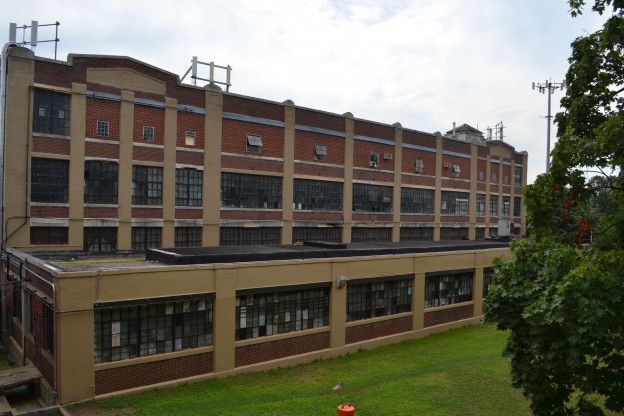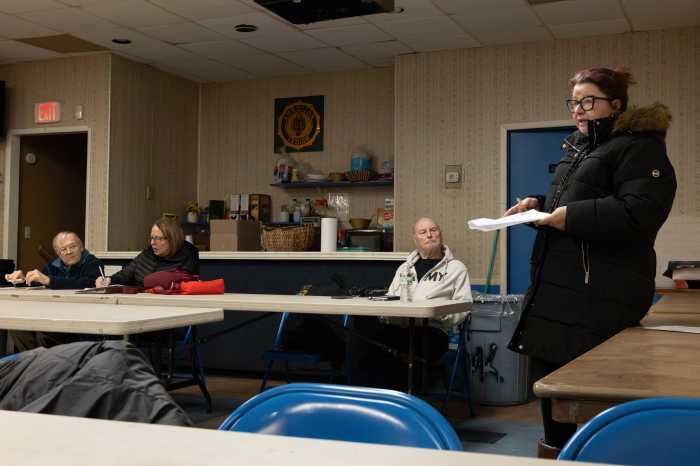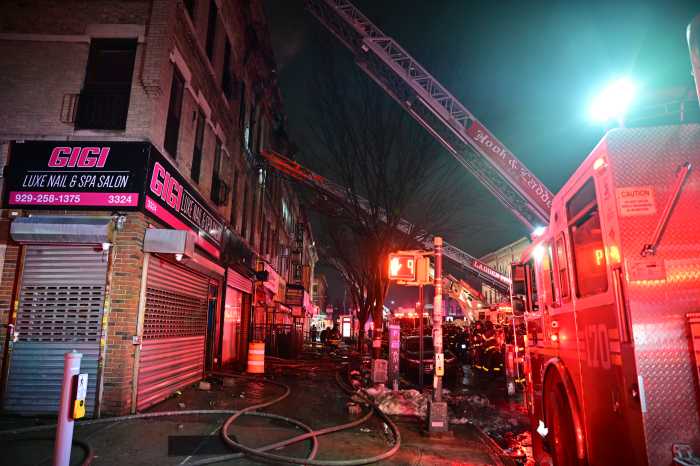While the battle over the proposed Glendale homeless shelter is far from over, the Department of Buildings (DOB) gave its blessing to the shelter’s revised blueprints.
The DOB approved on April 2 amended building plans to convert a long-defunct factory at 78-16 Cooper Ave. into a hotel with 70 dwelling units. In March, the agency approved plans for 103 units but quickly reversed course and withheld them for further review.
Issues stemmed from the previous classification of the site as “lodging,” but the revised plans approved on April 2 describe the building as a class B hotel. This change would allow operation of a hotel as-of-right, without requiring changing the location’s manufacturing zoning, which would involve a public review process.
The Department of Homeless Services (DHS) previously reached a five-year, $27 million agreement with the nonprofit Samaritan Village to operate a homeless shelter for up to 125 families at the factory site. Its owner, Michael Wilner, is reportedly leasing the site to Samaritan Village and is responsible for the factory’s renovation.
While construction may take place at the shelter site, the contract itself must be approved by City Comptroller Scott Stringer before it can be used as a homeless shelter. A spokeperson for Stringer told The Courier his office has yet to receive the contract, and therefore has yet to make the decision.
Meanwhile, the fight goes on for community activists opposed to the shelter’s opening. Community Board 5 District Manager Gary Giordano said in a phone interview the advisory body would file a formal challenge of the plans with the Buildings Department. The public has until about May 11 in order to officially file a challenge with the agency.
“We will do some consultations with attorneys and try to make the best of it,” Giordano said.
The Glendale Middle Village Coalition, a group of civic and business organizations, continues to raise funds for its legal challenges to the plan.
It previously filed an Article 78 proceeding against the DHS’ environmental assessment which determined that 78-16 Cooper Ave. — used for industrial manufacturing for decades and located adjacent to a chemical storage facility — is safe for reuse as a shelter.
The coalition hopes a judge’s ruling will force the DHS to perform an environmental impact study on the site, which could cost millions and take several years to complete.
RECOMMENDED STORIES


































